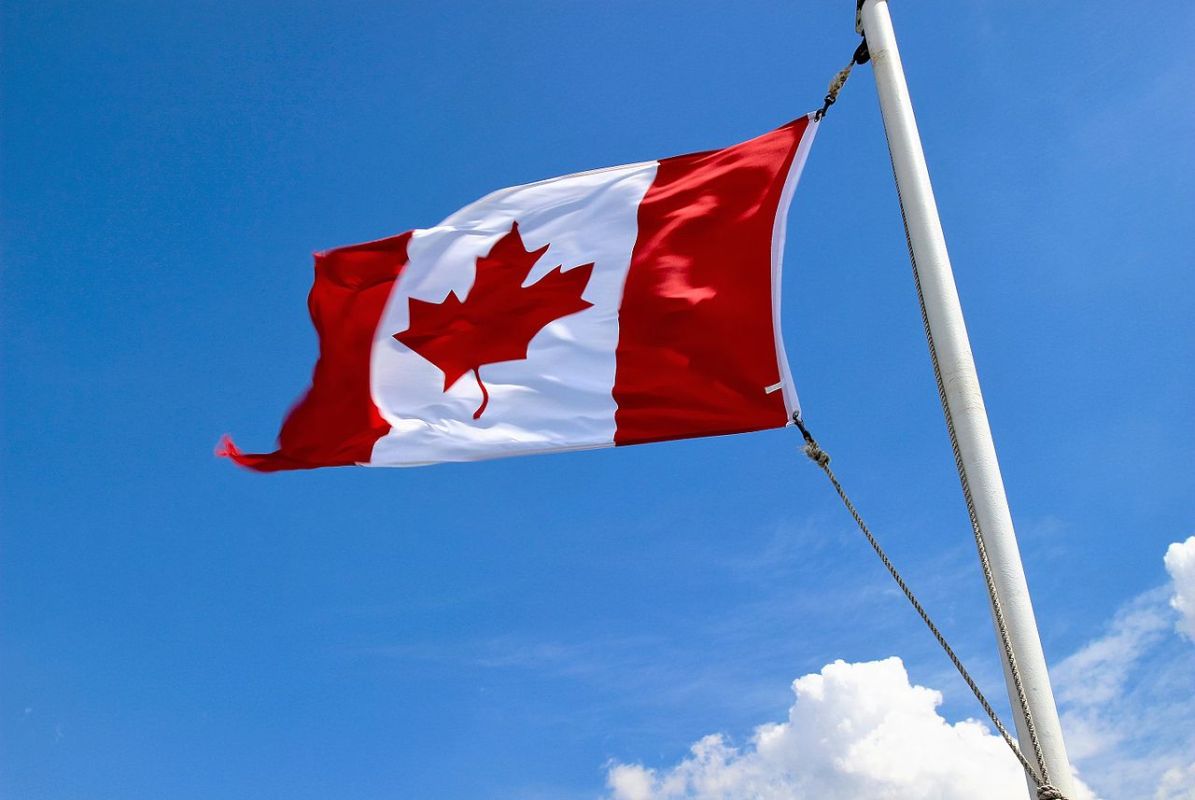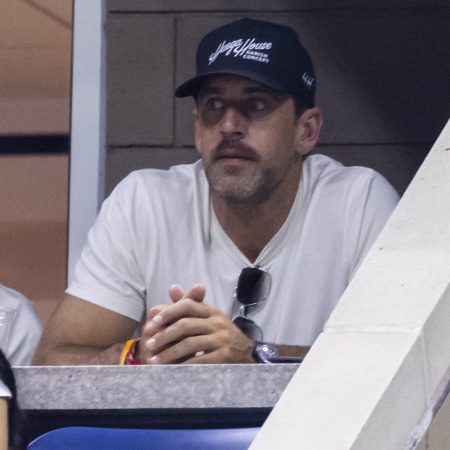It’s not happening at a uniform pace across the country, but nonetheless: regions of the United States are starting to relax what had previously been an all-encompassing quarantine. There have been some ups and downs with that overall, and observers around the country have watched and waited to see if the relaxing of certain rules results in a spike in cases.
A new article by Sigal Samuel at Vox makes a persuasive case that the United States should take a cue from its northern neighbor when it comes to responding to the pandemic. Samuel notes that the Canadian per capita death rate from COVID-19 is half of that of the United States. And part of its reopening strategy can be attributed to the practice of “double bubbles.”
What are “double bubbles,” you may ask. It’s something that’s been implemented in both Canada and Germany, with great success in both locations. Samuel offers a detailed explanation:
That means two households can now make a pact to hang out with — and even hug — each other, so long as they agree to stay distanced from everyone else. The hope is that doubling the family bubble will reduce isolation and its toll on mental health, while also helping with things like child care. This is meant to be an intermediate step before opening up further.
Since this practice began in Canada, there hasn’t been an increase in cases — suggesting that families engaged in it are maintaining social distancing from everyone else. Samuel also cites one public health expert who argues persuasively that “double bubbles” will reduce “super spreader” events from taking place, something that’s good for everyone.
The article notes that this wouldn’t necessarily work everywhere in the United States — but for regions that have passed the peaks of their respective outbreaks, it might be worth trying.
Subscribe here for our free daily newsletter.
Thanks for reading InsideHook. Sign up for our daily newsletter and be in the know.


















